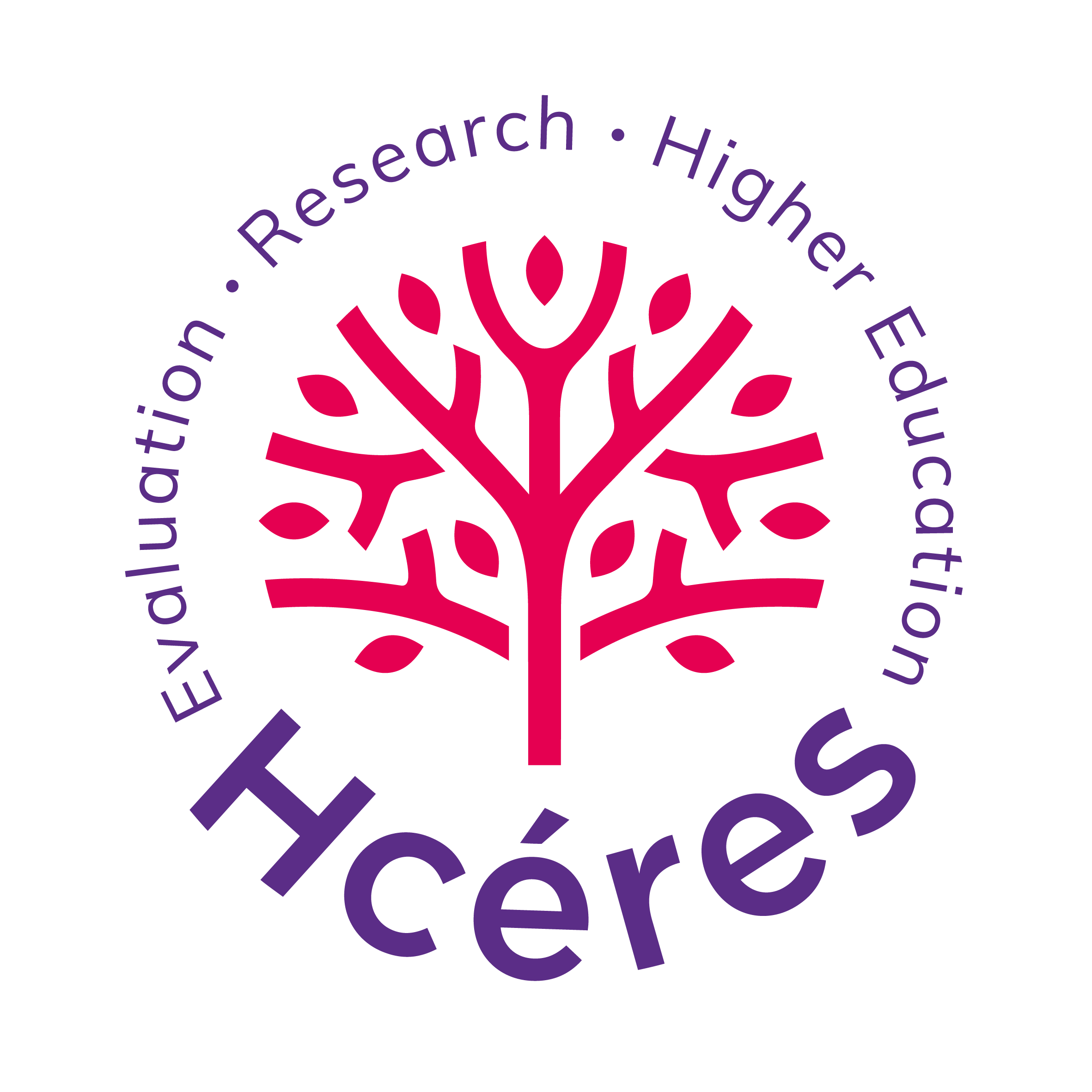Quality tools
To guarantee the quality of its activities, and in particular of the evaluations it performs, Hcéres has created several tools that are used in all the types of evaluation:
- evaluation charter: This charter was adopted by the Board and sets out the definition of quality for evaluations organised by Hcéres through clear and explicit criteria: competency, professionalism, periodicity, equal treatment, independence, integrity and collegiality, etc.
- status of experts and scientific advisors: To ensure that the evaluated institutions are treated equally, these rules define the rights and obligations of the experts and scientific advisors taking part in evaluations.
- methodologies and standards: These are approved by the Hcéres Board and provide the structure for the evaluations performed by Hcéres.
- the Remote Evaluation Charter. Mindful of the need to adapt its methodology to the health context, Hcéres has switched its evaluation procedure to remote mode. The High Council has drawn up a Remote Evaluation Charter, which sets out the principles and best practices to be followed, in accordance with European standards, in order to guarantee the quality of evaluations. Hcéres' teams are available to answer any questions institutions may have regarding the organisation of these exchanges.
-
Training of experts
The experts mobilised by Hcéres are a factor in the credibility and success of evaluations. The High Council therefore pays very particular attention to the training they receive to guide them in carrying out their mission.To disseminate the culture of evaluation and quality assurance among its staff, experts, the scientific community and the general public more broadly, Hcéres is developing a common core for training in evaluation and quality assurance, based particularly on new technologies.


